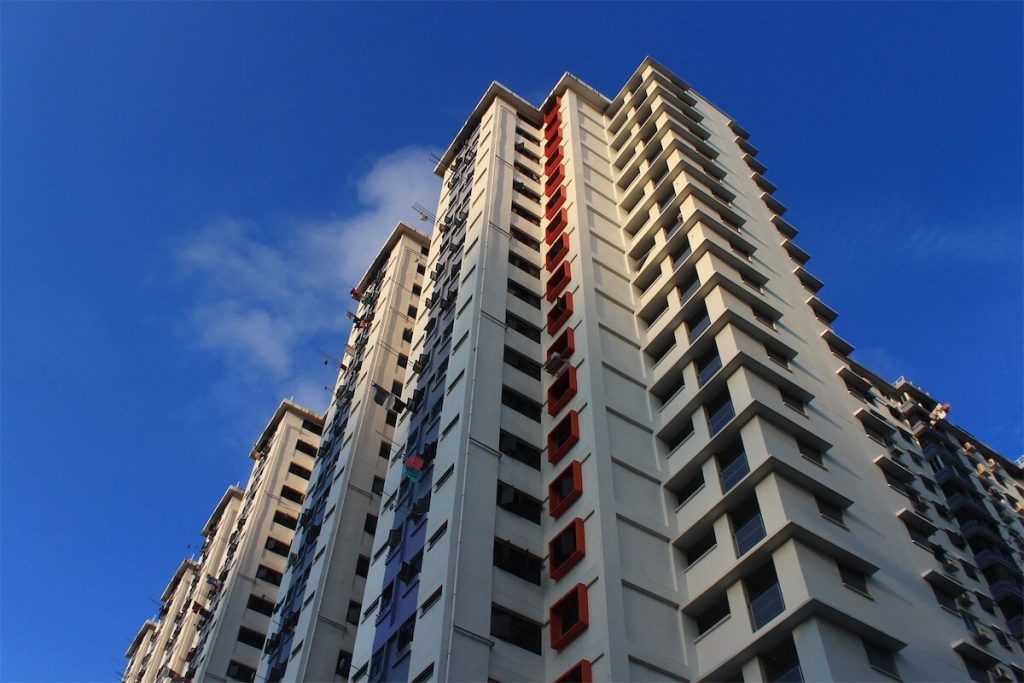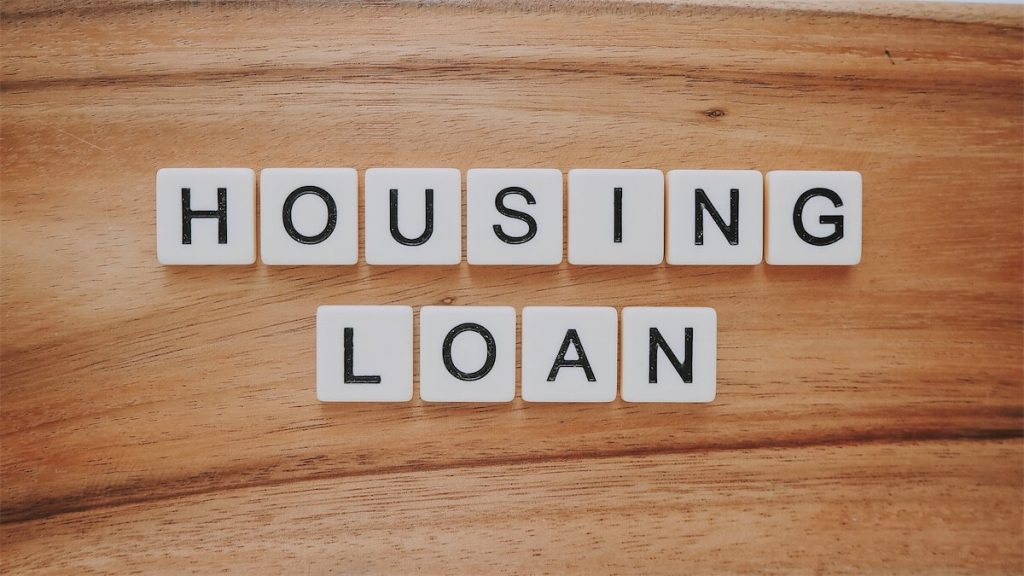Have you been looking up home loans? Whether you’re a first-time homeowner or someone planning to refinance, finding the right home loan can be daunting. From SIBOR to fixed deposit rate, there are quite a number of interest rate indexes to understand in order to find the best home loan in Singapore.
Read our complete guide to home loan terms here.
In this article, we’ll delve deeper into what a fixed deposit rate is, and how it’s related to home loans in Singapore.
Fixed deposit rate in Singapore: What is it?
In Singapore, a fixed deposit rate essentially refers to the interest rate earned in fixed deposit accounts.
A fixed deposit is a type of low-risk investment that allows you to earn interest by putting your money in an account for a certain period of time. Since it comes with low risk, it tends to be attached to a low-interest rate.

How is the fixed deposit rate related to home loans in Singapore?
In 2014, DBS started introducing home loans pegged to their fixed deposit rate as an alternative to SIBOR-pegged home loans. It’s considered a floating rate as it can go up and down, similar to SIBOR and board rate.
Unlike the SIBOR and board rate, the fixed deposit rate is more stable as banks don’t change them as much.
In comparison, SIBOR is based on daily projections of interbank borrowing, while the board rate can be changed anytime by an individual bank.
We explain more about mortgage rates like SIBOR, SORA and SOR in this article.
Fixed deposit rate pegged home loan in Singapore: How does it work?
Instead of pricing the home loan to the board rate or SIBOR, it’s based on the average fixed deposit rate over a period of time.
For example, DBS names it Fixed Deposits Home Rate (FHR), which comes with a number that indicates the interest rate period, such as FHR6, FHR8, and FHR18. An FHR6 home loan means that it’s pegged to a 6-month average fixed deposit rate.
Here’s a table illustrating the 2-year fixed rate from DBS:
| New purchase / Refinance | 2-year fixed |
|---|---|
| Year 1 to Year 2 | 1.30% p.a. |
| Year 3 onwards | FHR6 + 1.60% p.a. |
A higher number translates to a higher interest rate as well. This is because fixed deposits with a longer-term earn a higher interest.
Home loans pegged to fixed deposit rates became so popular in Singapore that in 2017, 90% of DBS’ home loan customers were those that had taken this type of loan.
Its success has led many banks to jump on the bandwagon a few years after DBS’s launch, but with different names.
For instance, OCBC called it Fixed Deposit Mortgage Rate. UOB called it Fixed Deposit Property Rate.
What’s so good about fixed deposit rate home loans?
What makes fixed deposit rate home loans so popular in Singapore is the low-interest rate.
At one point, banks were even offering them at zero spread, lowering the monthly instalments for homeowners.
1. Lower interest rate
The main selling point of home loans pegged to fixed deposit rates in Singapore is that the interest rate will be kept low. If the bank wants to increase the interest rate for this type of home loan, they also have to raise their fixed deposits’ interest rate.
To put it simply, if the bank wants to increase the cost of the home loan, they’ll also need to pay out more money for their fixed deposit account holders. Essentially, the bank will incur an increased cost for themselves.
2. Zero spread
Another reason why fixed deposit rate home loans became more popular than SIBOR-pegged home loans was due to their zero spread.
A few years ago, banks were offering fixed deposit rate home loans that came with zero spread for properties under development. This meant that homeowners would pay lower monthly instalments for the first 3 to 4 years before the project received its temporary occupation permit (TOP).
At that time, the interest rate for a fixed deposit rate home loan was around 0.6%. For a loan of $400,000 taken over 25 years, the monthly instalments would be $1,436.17. When the development has TOP-ed, the spread was increased to 1%. With an interest rate of 1.6%, this translated to $1,618.61 of monthly instalments.
On the flipside, home loan packages pegged to other types of floating rates come with a spread for the whole loan tenure.
While zero spread home loans is a good deal for many homeowners, banks have since stopped offering home loans pegged to their fixed deposit rates. Zero spread fixed deposit rate home loans are currently not available in Singapore as well.
Is a fixed deposit rate considered a board rate?
A board rate refers to the bank’s internal managed rate. The bank has full control of it and can adjust it anytime it wants to. It’s also seen to be less transparent than the other types of interest rate indexes, such as SIBOR.
Since the bank determines the fixed deposit rate, it’s essentially a type of board rate. The bank can change how much interest they want to give out for their fixed deposits and how much they want to charge for their home loans anytime they want to.
On the other hand, the fixed deposit rate is more transparent than the typical board rate. Since the interest rates of fixed deposits are advertised, you have an idea of the interest rate to be charged for home loans.
This is not necessarily the case for board rates since banks don’t advertise them.

Should you take out a home loan pegged to a fixed deposit rate?
You can consider getting it if you prefer to have some stability and predictability.
As mentioned earlier, banks don’t change the fixed deposit rate as much. While fixed deposit rates in Singapore move in tandem with SIBOR, they don’t fluctuate as much either.
In contrast, SIBOR is deemed more volatile as it’s based on daily projections of interbank borrowing.
By getting a fixed deposit rate home loan, you don’t have to worry about the fluctuating interest rates. It spares you from the guesswork on how much you will need to pay for your monthly instalments over the years, allowing you to better plan your finances.
It may also be a better option when interest rates increase, as you will get to save on your monthly instalments.
If you’re looking for something more transparent, a home loan pegged to SIBOR or SORA would be better. Since both are based on the rate of interbank borrowing, they aren’t determined by one individual bank.
You can find SIBOR rates on the ABS website, and the MAS website for SORA.
They’re also a better option when interest rates are down, as your monthly instalments will be reduced.
In fact, interest rates have been decreasing, especially over the past year due to the pandemic, with the 3-month SIBOR hovering around as low as 0.4% for the past 6 months.
So it may be a good time to take up a home loan pegged to SIBOR or SORA.
Finding the right home loan in Singapore
Whether you’re getting a home loan for your first home or refinancing for the second time, it’s essential to understand the various interest rate indexes and what they entail.
Regardless of the financial product, banks will change the terms based on market conditions.
This is also the case for fixed deposit rate home loans in Singapore. Although they used to come with zero spread for the past 3 to 4 years, this is no longer the case at the time of writing.
Banks such as DBS and Standard Chartered that still offer this type of home loan charge a spread for each year of the loan tenure.
If you’re still unsure on the type of home loan to take, consider engaging a loan broker such as FinanceGuru.

At FinanceGuru, we seek to help homeowners find the best home loan and help them achieve their financial goals. Learn more about how you can optimise your home loan and uncover potential ways to save you money and time. Get a non-obligatory assessment and loan product recommendations today.


































